9 GPTs for Novel Editing Powered by AI for Free of 2026
AI GPTs for Novel Editing refer to advanced artificial intelligence tools specifically tailored for editing and refining novels. These tools, based on Generative Pre-trained Transformers, offer specialized assistance in language processing and creative writing. Their application in novel editing streamlines the revision process, ensuring narrative consistency, grammatical accuracy, and stylistic refinement. They serve as an innovative bridge between technology and creativity, enabling writers to enhance their storytelling with AI-driven insights and suggestions.
Top 9 GPTs for Novel Editing are: Book Buddy,Maestro de Fantasía Épica,Correttore Narrativo,Manuscript Enhancer,Beta Lecteur,Coherence Checker,流畅中文修訂家,Romance Wordsmith,Cutting Count [MimicMates]
Book Buddy
Perfect Your Text with AI
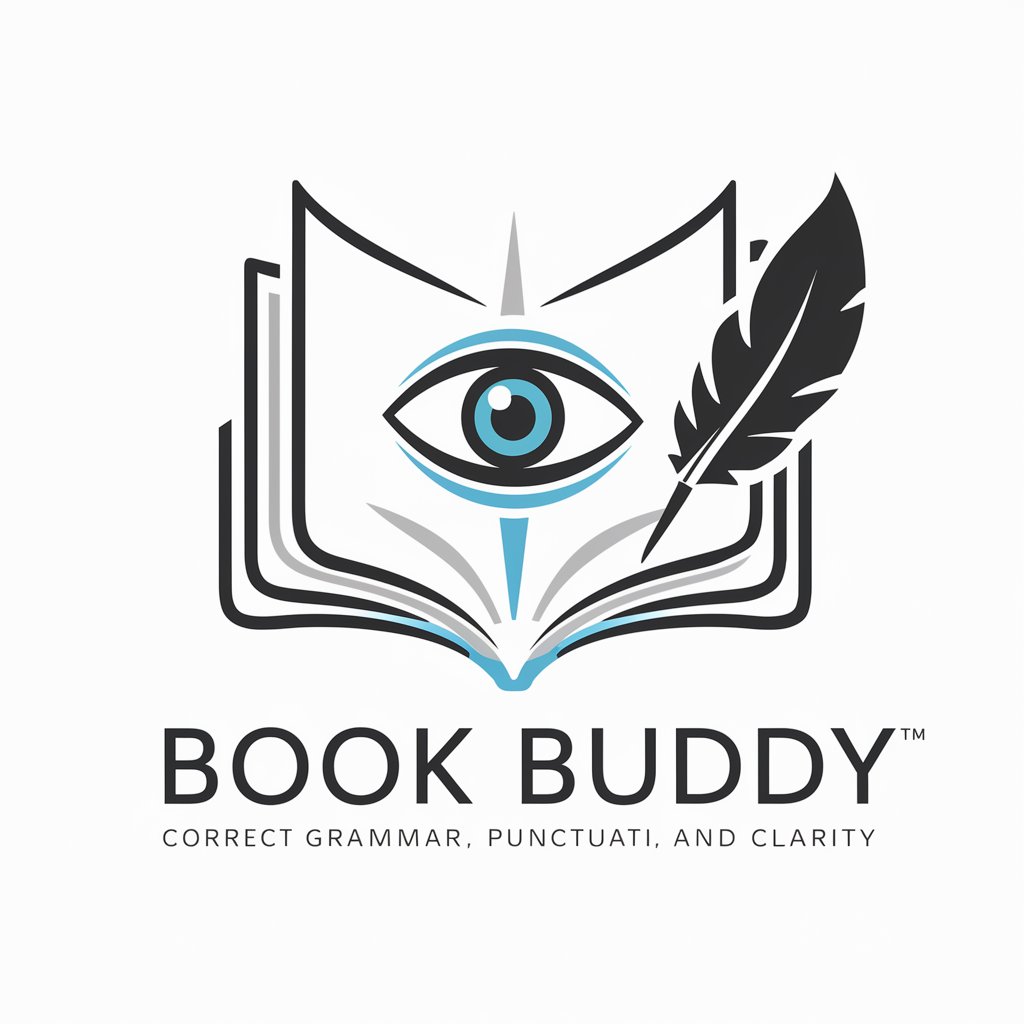
Maestro de Fantasía Épica
Elevate Your Fantasy Narratives
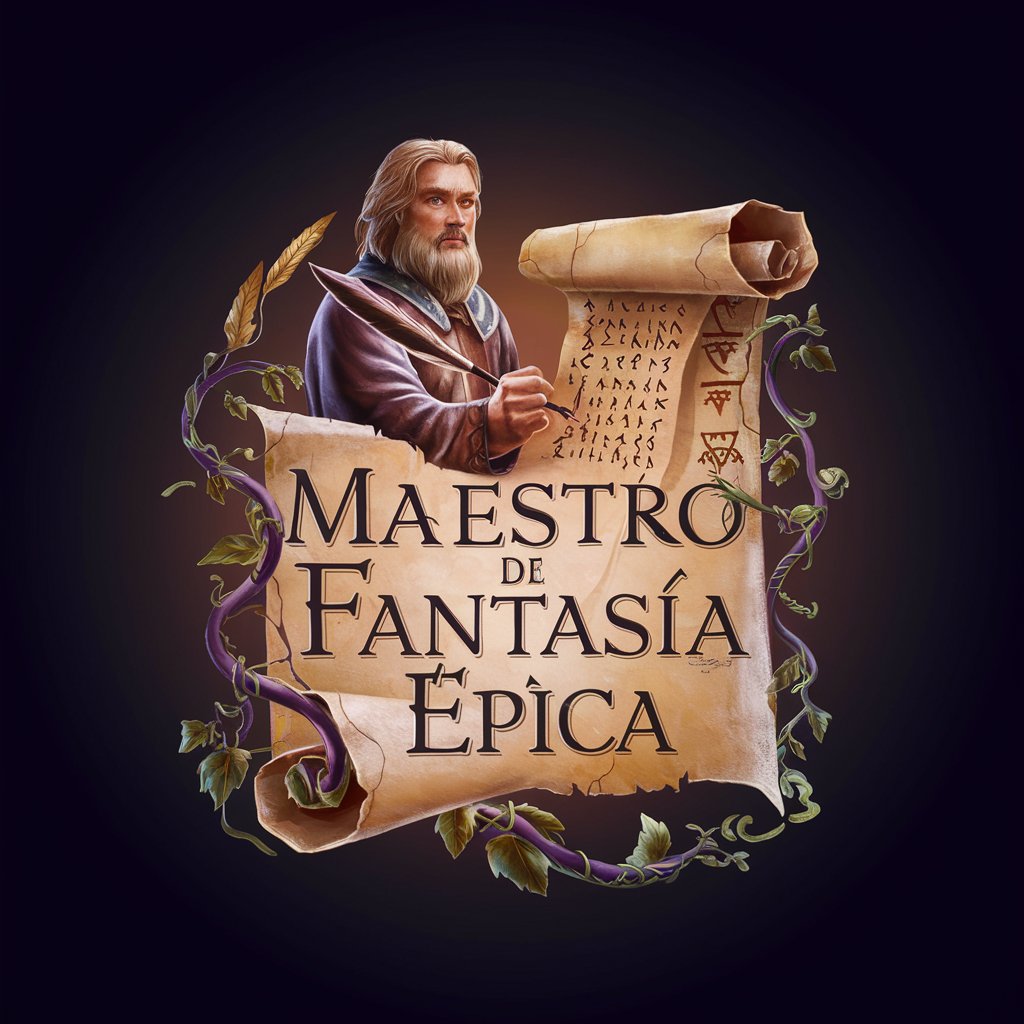
Correttore Narrativo
Perfect your Italian with AI
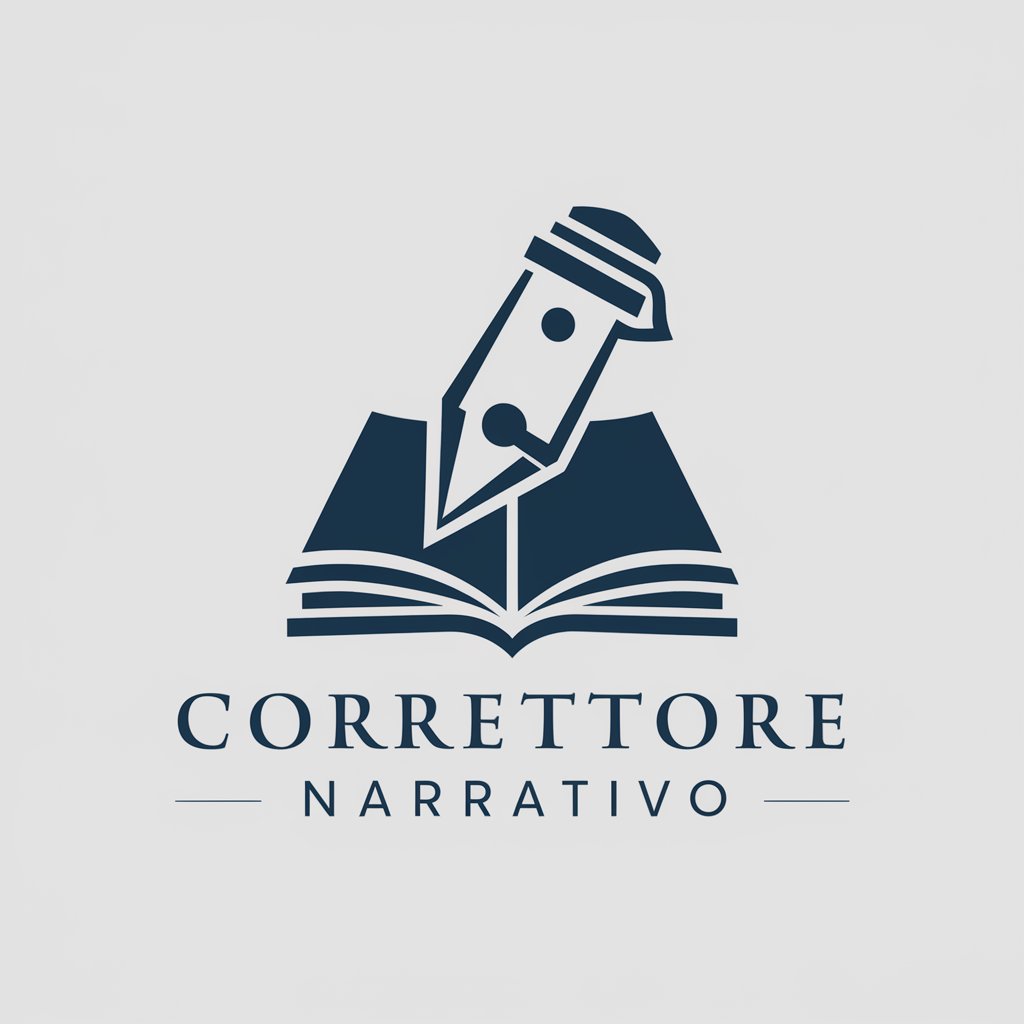
Manuscript Enhancer
Refining Your Writing with AI
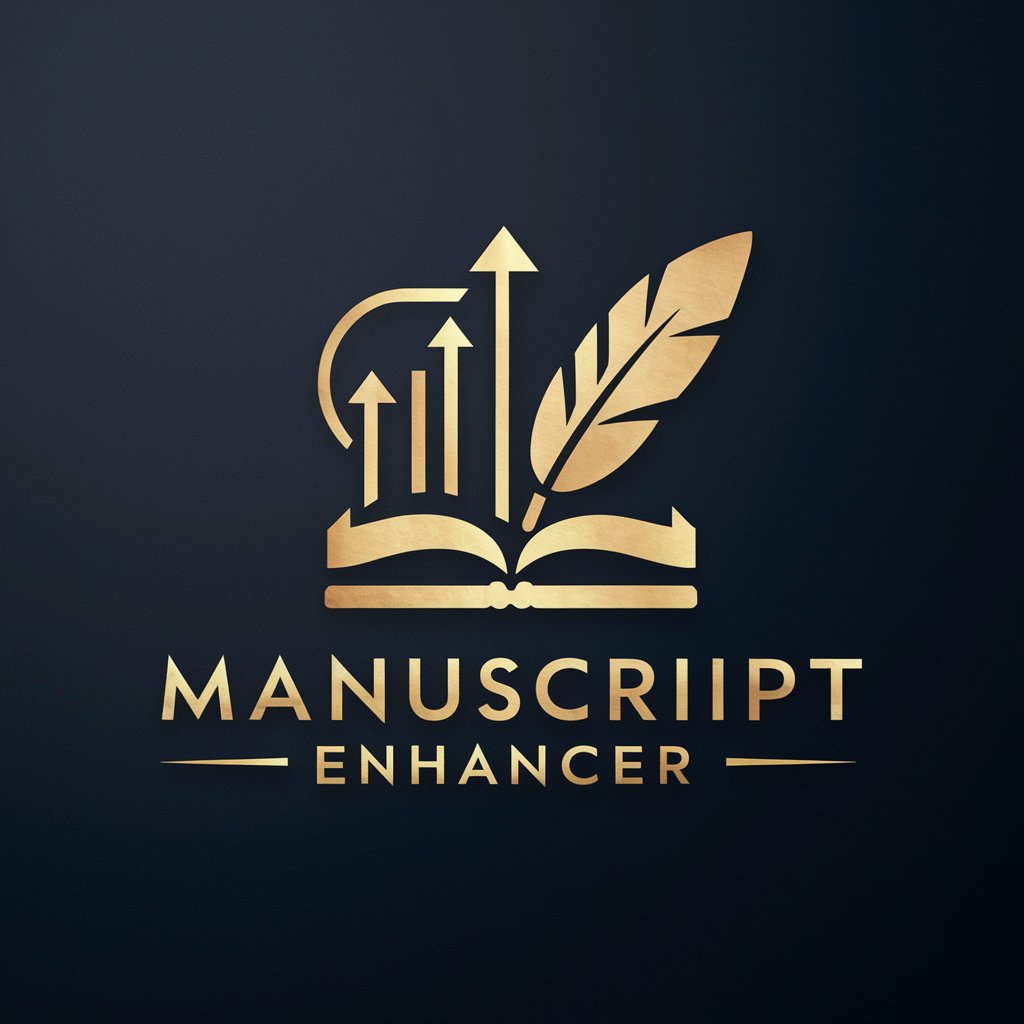
Beta Lecteur
Empowering Writers with AI-Powered Literary Insights
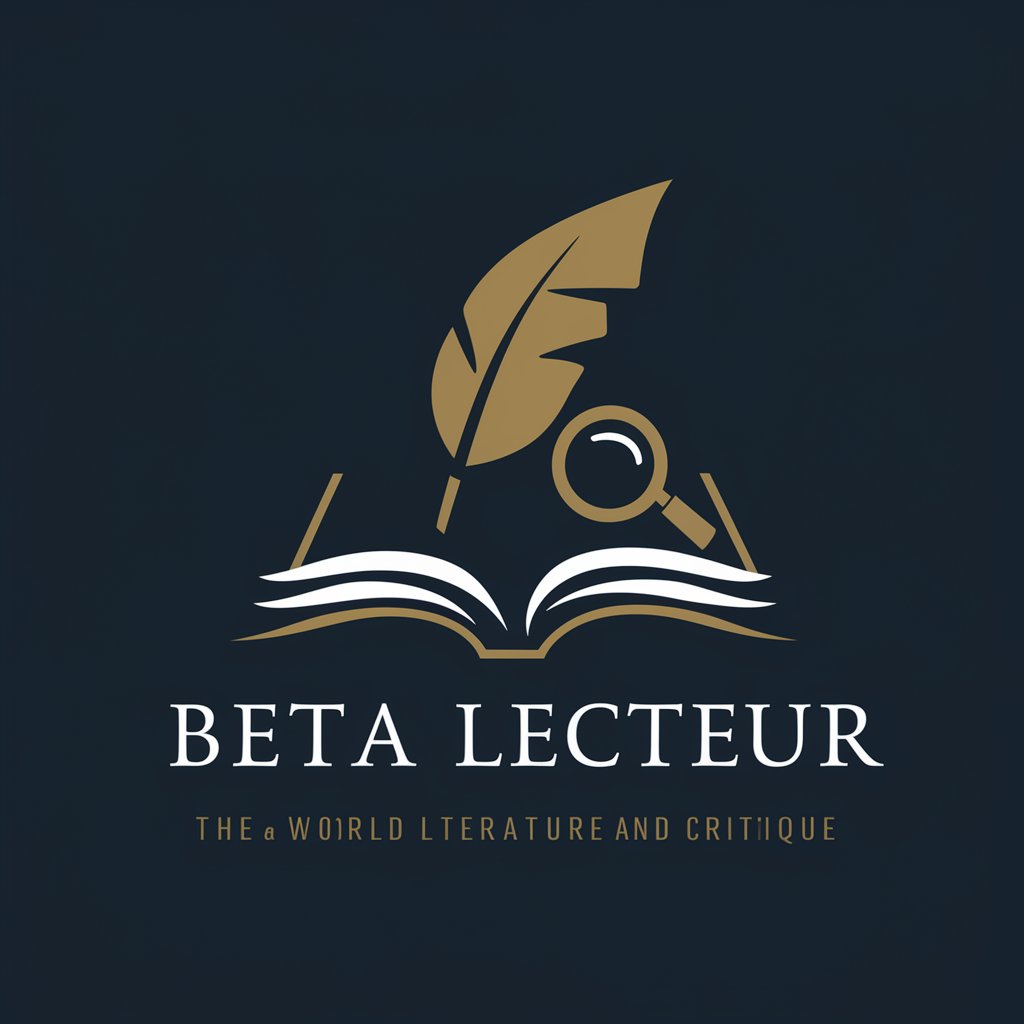
Coherence Checker
Refining Your Story, Intelligently
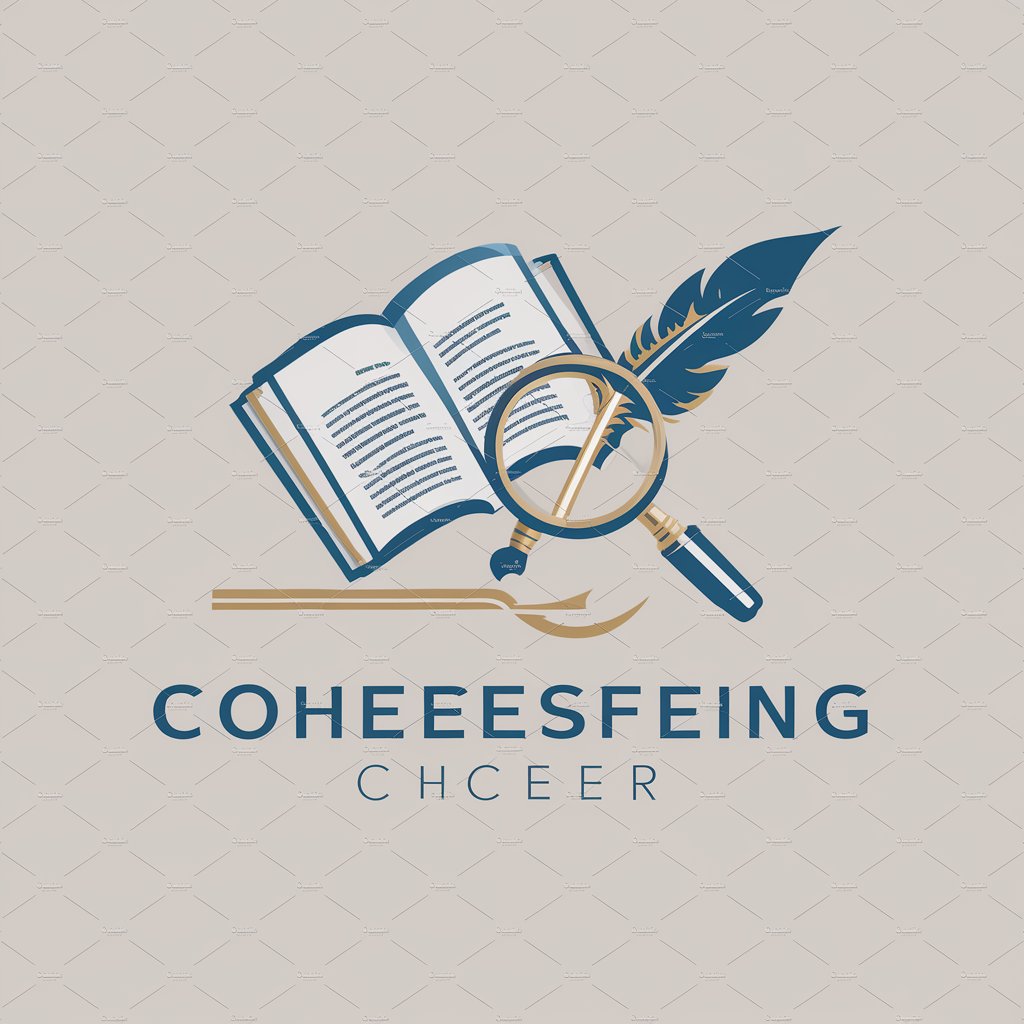
流畅中文修訂家
Refine your novel with AI power.
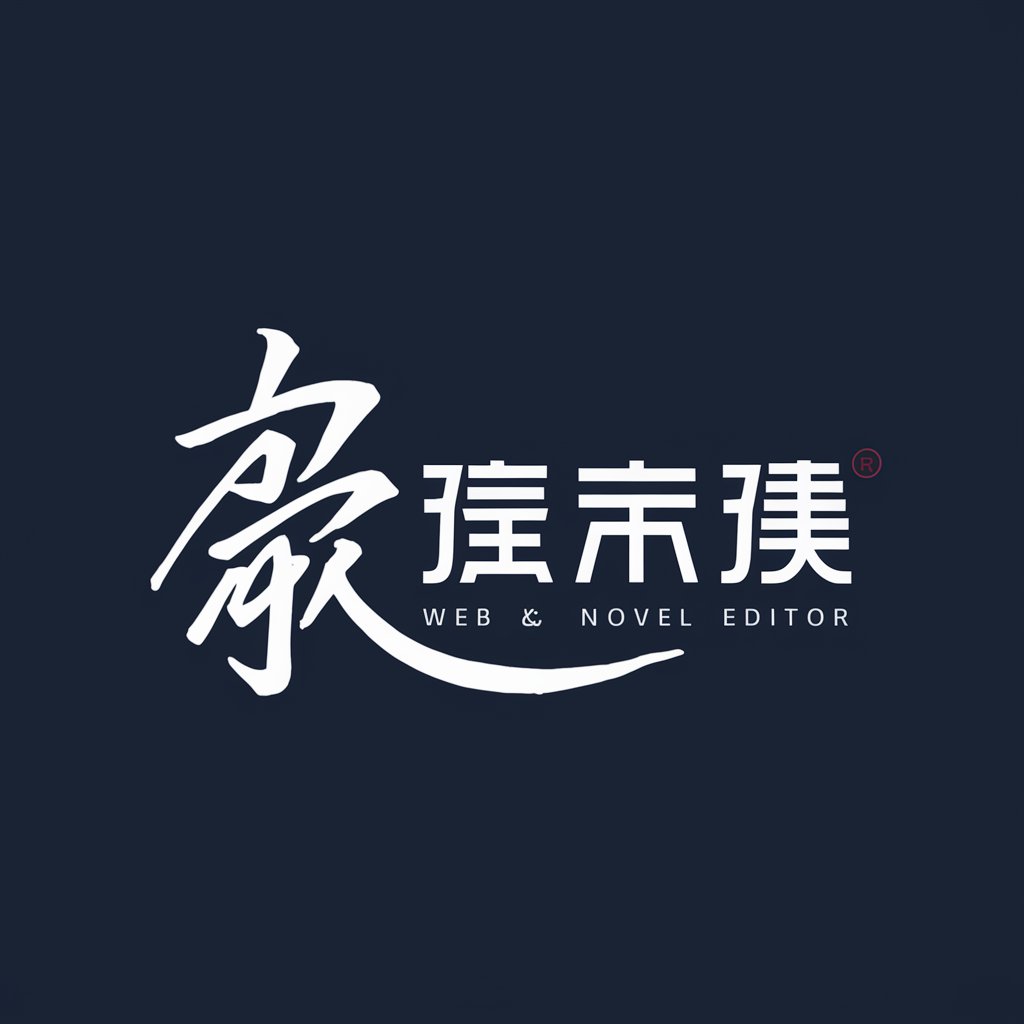
Romance Wordsmith
Elevate Your Love Stories with AI

Cutting Count [MimicMates]
Streamline Your Story, Preserve Your Voice
![Cutting Count [MimicMates] in GPT Store](https://r2.erweima.ai/i/IjkFmQqURPKJS-Z8r4BB1A.png)
Essential Attributes of AI GPTs in Novel Editing
AI GPTs for Novel Editing boast unique characteristics like advanced language understanding, context-aware suggestions, and narrative analysis. They adapt from basic grammar checks to complex plot analysis, offering insights into character development and story pacing. Notable features include language learning for diverse literary styles, technical support for seamless integration, web searching for research aid, image creation for visual storytelling, and data analysis for audience engagement insights.
Intended Users of AI GPTs in Novel Crafting
These AI GPTs cater to a broad audience, including aspiring writers, seasoned novelists, and literary editors. They are user-friendly for those without technical expertise, offering intuitive interfaces and guided assistance. Simultaneously, they provide customization options for tech-savvy users, allowing developers to tailor the tools to specific editing needs or integrate them into existing digital writing platforms.
Try Our other AI GPTs tools for Free
Video Tutorials
Discover AI GPTs for Video Tutorials: Tailored AI solutions transforming the way educational content is created, delivered, and experienced. Enhance learning with personalized, efficient video tutorials.
Property Pricing
Explore AI GPTs for Property Pricing: sophisticated, user-friendly tools designed for precise real estate market analysis and property valuation. Perfect for professionals and enthusiasts alike, they offer cutting-edge insights into market trends and property values.
Brand Partnerships
Discover how AI GPTs for Brand Partnerships can transform your brand collaborations with tailored, efficient, and innovative solutions.
Bayesian Analysis
Discover the revolutionary AI GPTs for Bayesian Analysis, designed to enhance predictive modeling and decision-making with advanced AI, accessible to both novices and professionals.
Regression Modeling
Discover the power of AI GPTs for Regression Modeling, your gateway to advanced predictive analytics and tailored regression solutions. Enhance your data insights today!
Statistical Verification
Discover AI GPTs for Statistical Verification: cutting-edge tools designed to revolutionize data analysis by enhancing accuracy, efficiency, and adaptability in statistical processes.
Further Perspectives on AI GPTs in Literary Innovation
AI GPTs in novel editing are transforming the literary landscape, offering customized solutions across various sectors. They feature user-friendly interfaces, making advanced AI technology accessible to writers of all skill levels. Additionally, their potential for integration with existing writing systems and workflows allows for a streamlined, efficient editing process, blending the art of storytelling with cutting-edge technology.
Frequently Asked Questions
What exactly are AI GPTs for Novel Editing?
AI GPTs for Novel Editing are artificial intelligence tools designed to assist in the writing and editing process of novels. They leverage advanced AI algorithms to provide feedback on language, style, plot, and character development.
Who can benefit from these AI GPT tools?
Writers of all levels, from beginners to professionals, as well as literary editors and publishers, can benefit from these tools for enhancing the quality and coherence of novel manuscripts.
Do I need programming skills to use these tools?
No, these tools are designed to be user-friendly and accessible to individuals without any programming background, though additional features may be available for those with coding skills.
Can these tools help with plot and character development?
Yes, AI GPTs for Novel Editing can analyze narrative structures and character arcs, providing suggestions for development and consistency.
Are these tools capable of replacing human editors?
While they provide significant assistance, these AI tools are not intended to replace human editors. They serve as a complement, enhancing the editing process but not substituting the nuanced judgment of a professional editor.
Can AI GPTs adapt to different writing styles?
Yes, these tools are equipped with language learning capabilities, allowing them to adapt to and suggest improvements in various writing styles and genres.
Is there technical support available for these tools?
Most AI GPT tools for Novel Editing offer technical support for users, ensuring smooth operation and integration into writing processes.
Can these tools be integrated with other writing software?
Yes, many of these tools are designed to be compatible with popular writing software, allowing for seamless integration into existing writing workflows.